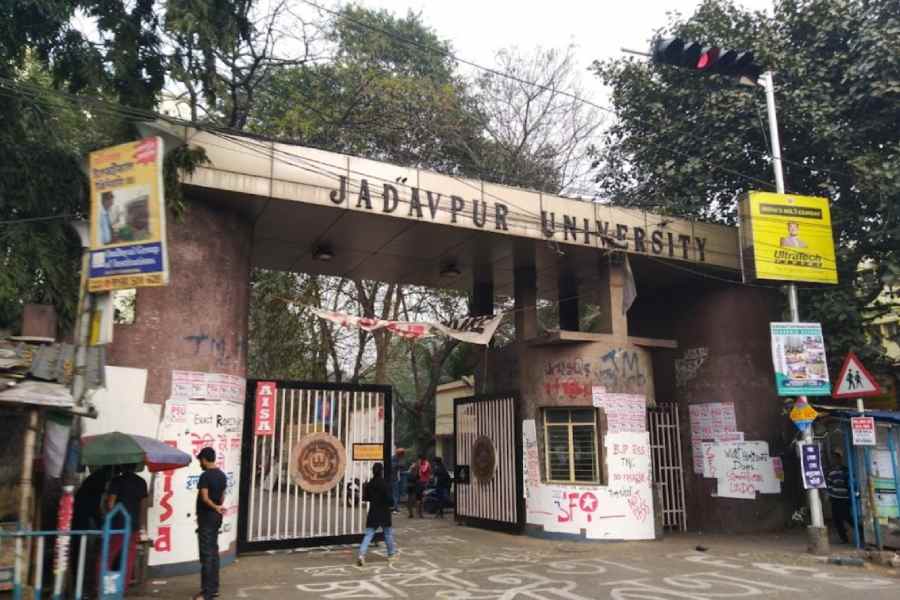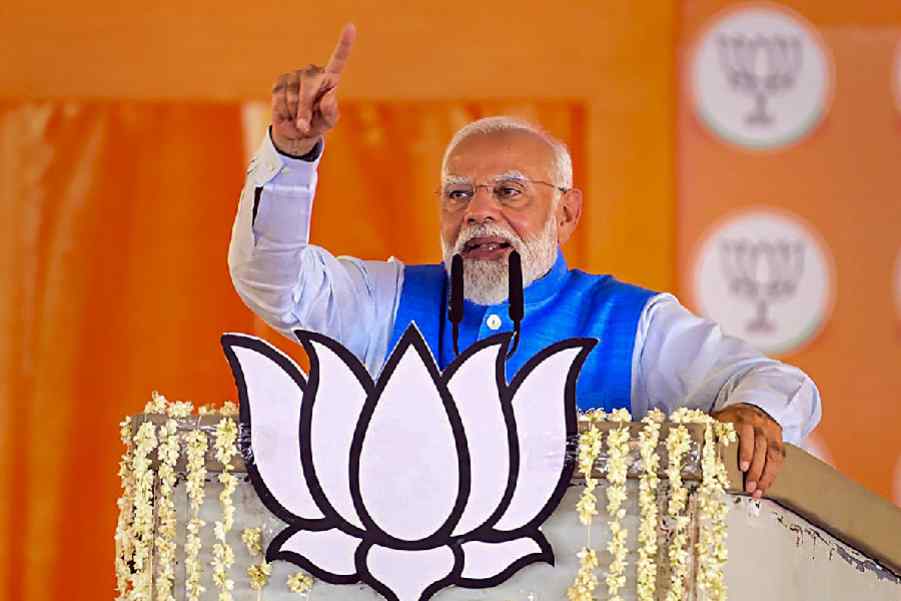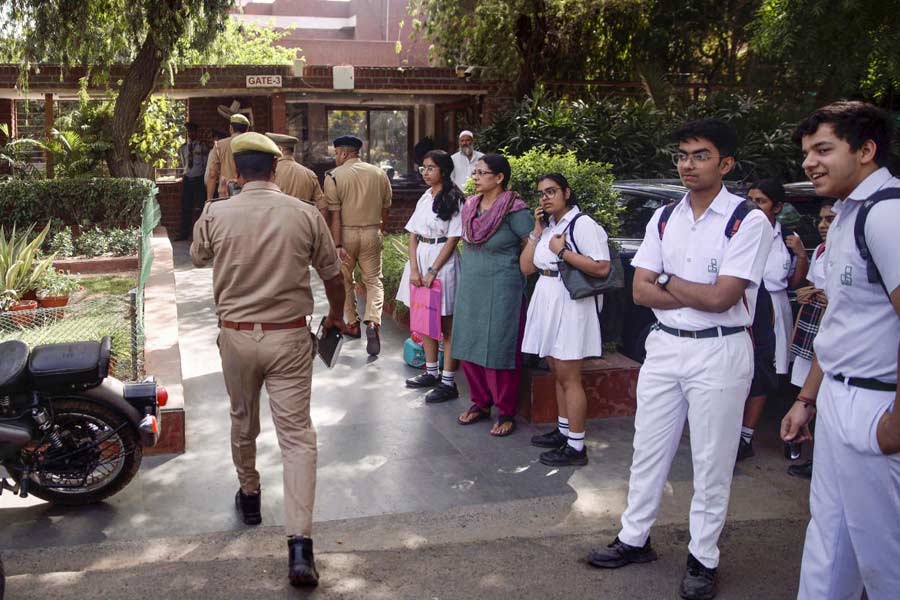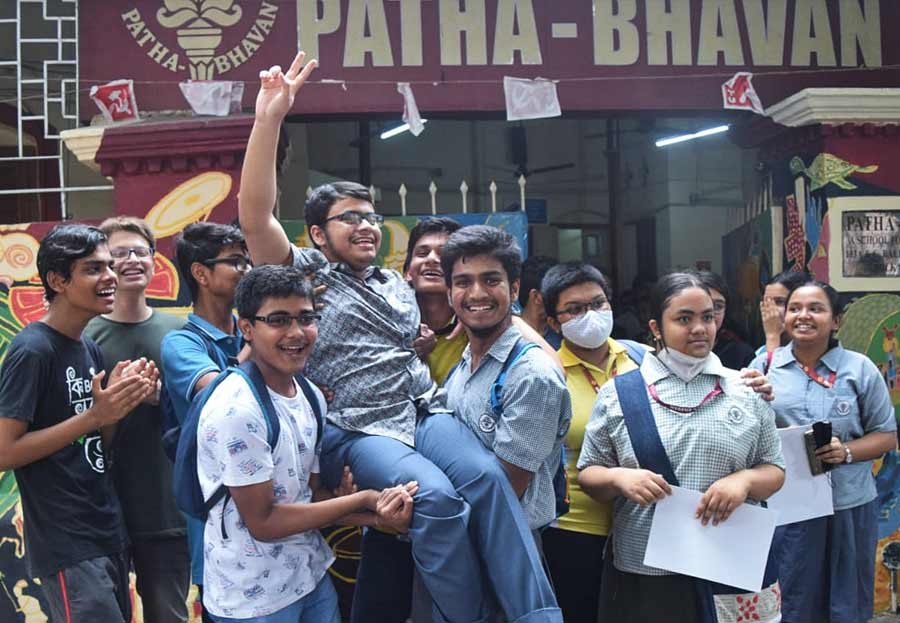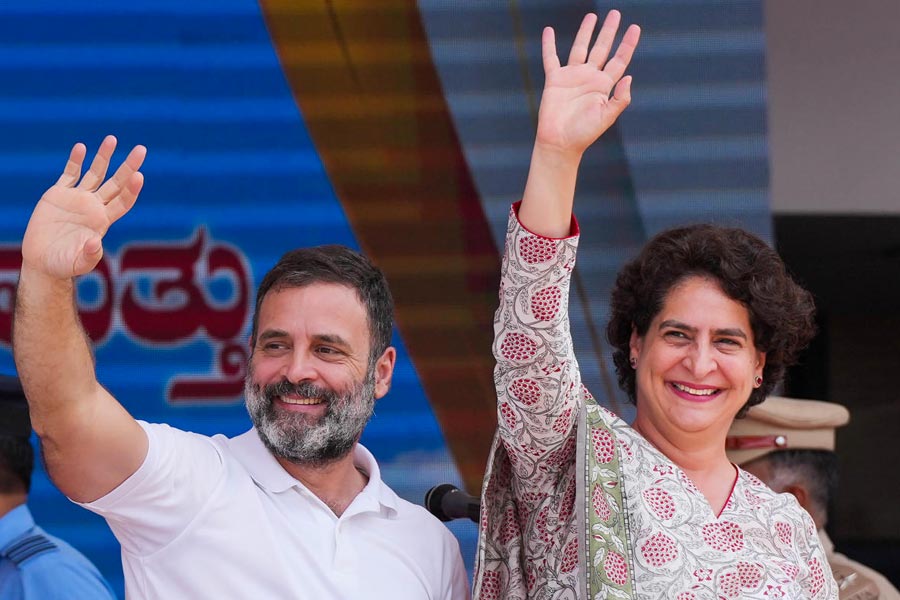Higher education in West Bengal is in existential crisis. At one level, this is true of the university system throughout India, unravelling under the current policy of the Union government. But Bengal is not content with gradual attrition from misguided policy. Its universities are in headlong collapse through proactive misgovernance by state-level rulers. It gives me no pleasure to write this in a national newspaper, but the crisis needs to be recognised.
This is the more deplorable because, defying the idle cynicism of the chatterati, Bengal’s state-run universities rank among the best in India. Jadavpur University is consistently among the first five or six Indian universities, public and private, in the Union government’s National Institutional Ranking Framework and first among state-run campuses. Calcutta University is close behind or sometimes ahead. (The only competitor is Tamil Nadu’s Anna University.) There are many problems in these institutions, but we persistently overlook their very real virtues.
The scenario has been disrupted in the last few years; the consequences are now blowing up in our faces. The root cause is the feud between the governor and the state government afflicting several Opposition-ruled states. In Bengal, the chief battleground is education.
The governor is ex officio chancellor of all state-run universities. Recent chancellors have shed their earlier ceremonial role for direct control over university affairs. The state government, in turn, has tightened its own hold. Academic autonomy has gone for a toss — an outcome cherished by both ruling camps. Both would like an obeisant faculty to carry out their bidding.
The crisis point was reached over the appointment of vice-chancellors. Another subplot now unfolds. A few years ago, some irregularities were detected in such appointments. Instead of mending the damage, the state government sought to amend the law to allow it, in effect, to perpetuate the irregularities. The chancellor, predictably, thrust in his own oar. There began a sordid game of musical chairs, each side appointing its own nominees and undermining the other’s.
The matter has now reached the Supreme Court, which has set up a committee. Meanwhile, the status quo continues, which effectively means that a batch of vice-chancellors nominated by the chancellor continue to adorn the seats they fortuitously occupied at a particular moment.
To maintain status quo, no important decisions can be taken. Which decisions are important? And how can one run a university without taking important decisions? Administrative decisions, big and small, are taken by the university’s executive council. The makeshift vice-chancellors cannot convene council meetings.
Mohun Bagan and East Bengal contend against each other, but both play football. So too our bickering rulers are united in the common cause of paralysing higher education in Bengal. Matters came to a head over holding convocations. Two universities went ahead with the event, presided over by the chancellor while the state government protested. Yet when Jadavpur announced its convocation in exactly the same circumstances, the chancellor was so incensed that he dismissed the vice-chancellor (his own nominee) in full knowledge that he could not appoint another. The state government, reversing its earlier stand, now favoured holding the convocation and tried unavailingly to reinstate the vice-chancellor. This reversal of roles by both sides shows how they are led by pure oppugnancy, with the university as collateral damage.
The convocation went through, but the vice-chancellor abdicated thereafter. There is now a complete management vacuum. Even routine administration requires constant approvals and directives from the vice-chancellor and the executive council. Both have ceased to function. There is provision for ‘normal’ emergencies like a vice-chancellor falling ill; none for a bizarre situation like the present.
Three vital issues stand out from the all-round damage. The first relates to Central grants. These are banked in segregated ‘zero-balance’ accounts; unspent funds revert to Delhi after a deadline. In the current impasse, departments (especially of science and technology) cannot utilise their hard-earned grants for equipment and infrastructure before the financial year ends on March 31. Failure to spend this year’s funds will spell doom for next year’s allocations. Can the departments survive this body blow?
The second issue concerns staff recruitment. As in most public universities across India, many departments are running at half strength. The government now plays, or fails to play, a larger role in appointments than before. The chancellor too nominates a representative. Recruitment in many departments is stalled for lack of this nominee. Meanwhile students are short-changed, and young scholars languish for want of jobs.
Thirdly, Jadavpur is shortly due for assessment by the National Assessment and Accreditation Council. How will this fare with the university in disarray? The administrative vacuum will itself be a damning factor. The blame will not lie with the university, but with the authorities who have brought it to this pass.
All material damage pales beside the loss in faculty morale and initiative. Jadavpur has no capital funds or guaranteed development grants. It has flourished because a sizeable section of the faculty over generations has laboured tirelessly, even exceeding their job description, to acquire resources and expand the academic compass of the institution. Much of the teaching and research at Jadavpur is in new and emerging areas outside the basic curricula. This was made possible by the exceptional freedom of operation enjoyed by the faculty, and a rare synergy between academics and administrators in tackling the bureaucracy. The current impasse is not owing to the normal operation of bureaucracy, but the inadequacy of that bureaucracy to resolve a conflict that respects no norms.
Jadavpur may be first in the line of fire. But the scenario encompasses every campus in the state. Let no one doubt that one by one, the older universities will see decades of development erode away, while the new ones dwindle to a signboard. Before that happens, let us appeal to our rulers in words normally directed at students: in god’s name, ladies and gentlemen, forgive us our impertinence in reminding you that universities are places for learning and research, not for playing politics.
Sukanta Chaudhuri is Professor Emeritus, Jadavpur University

